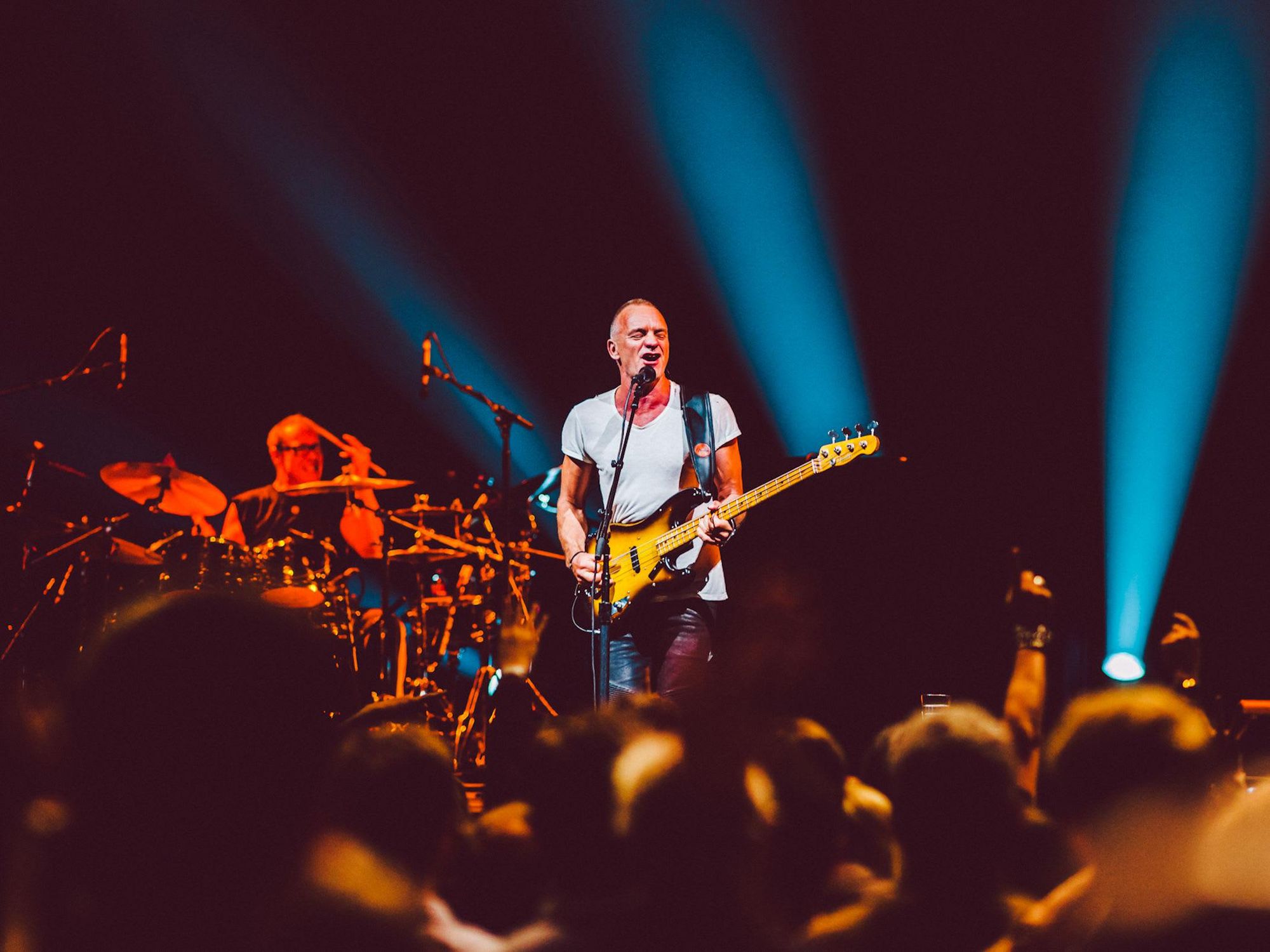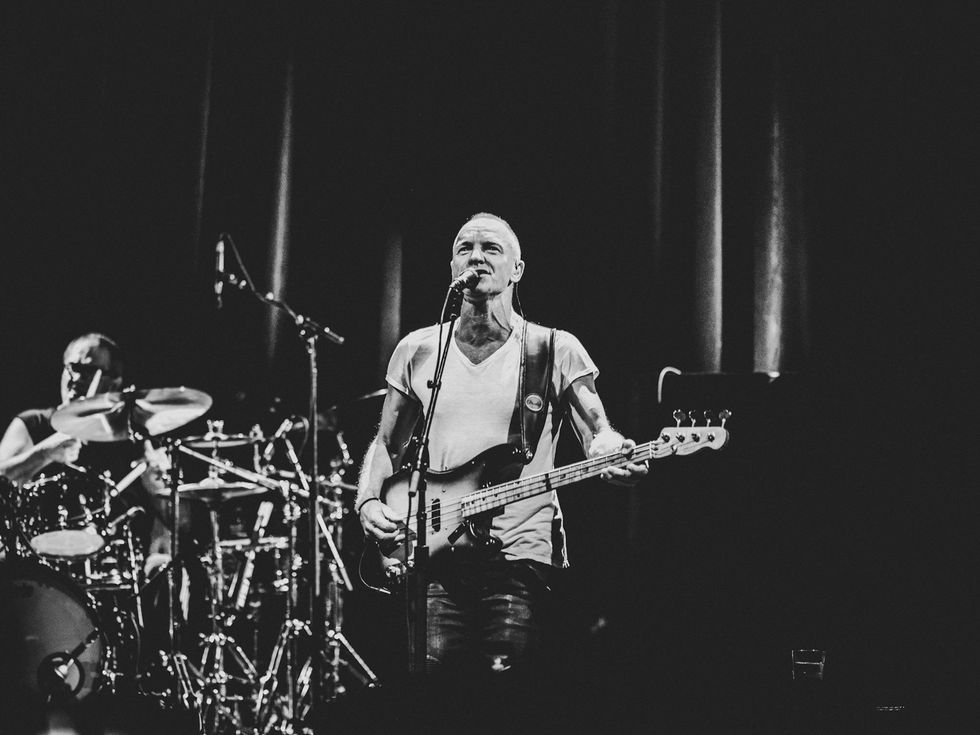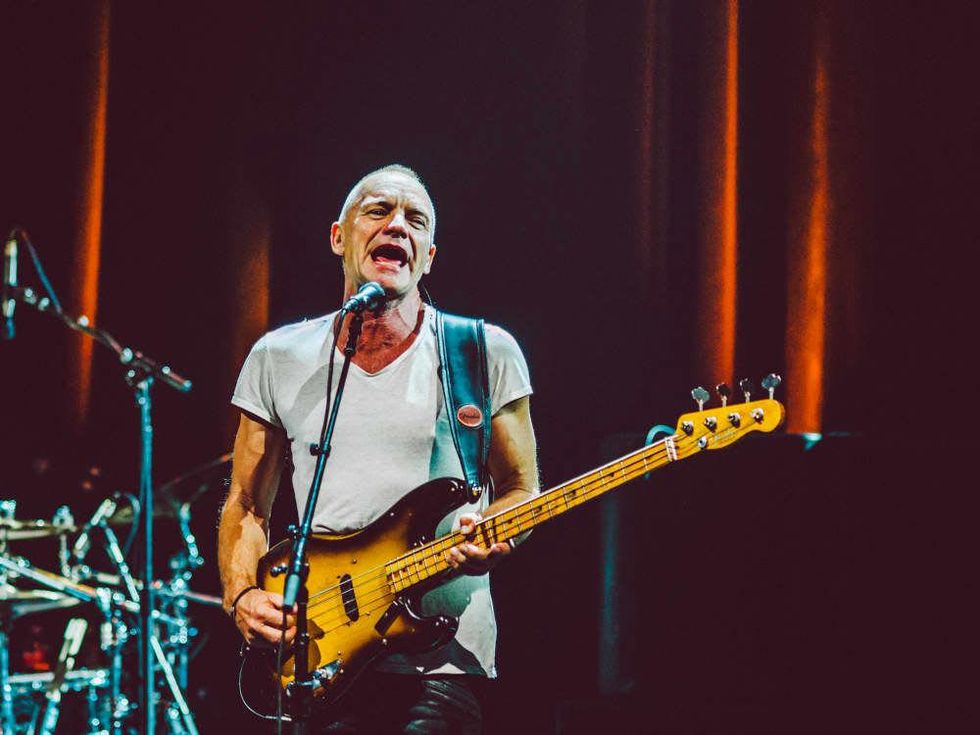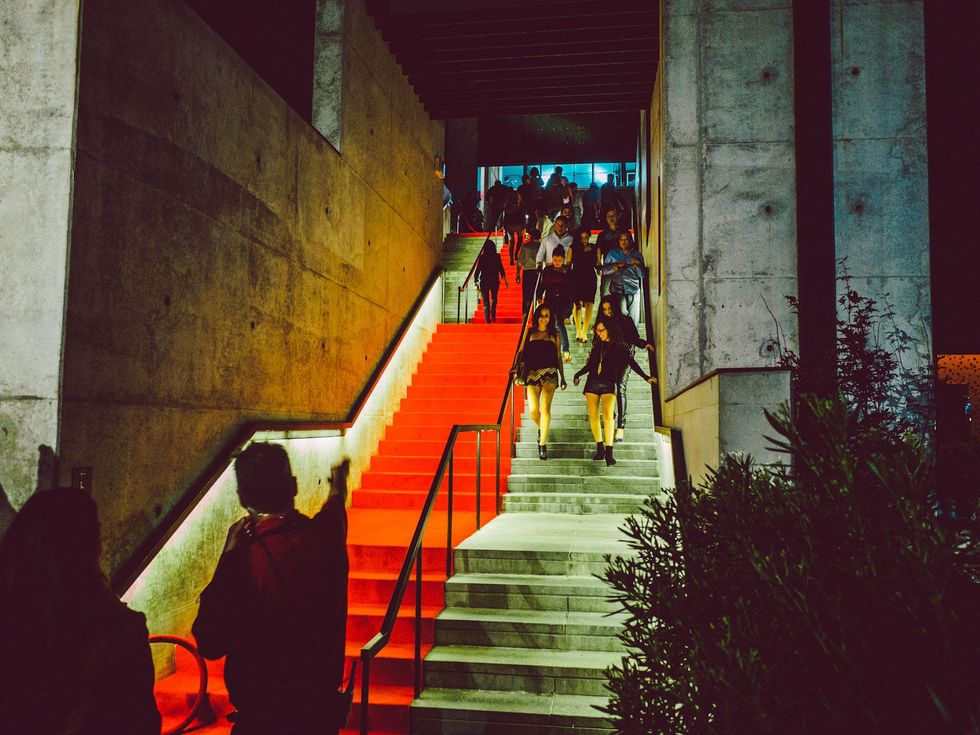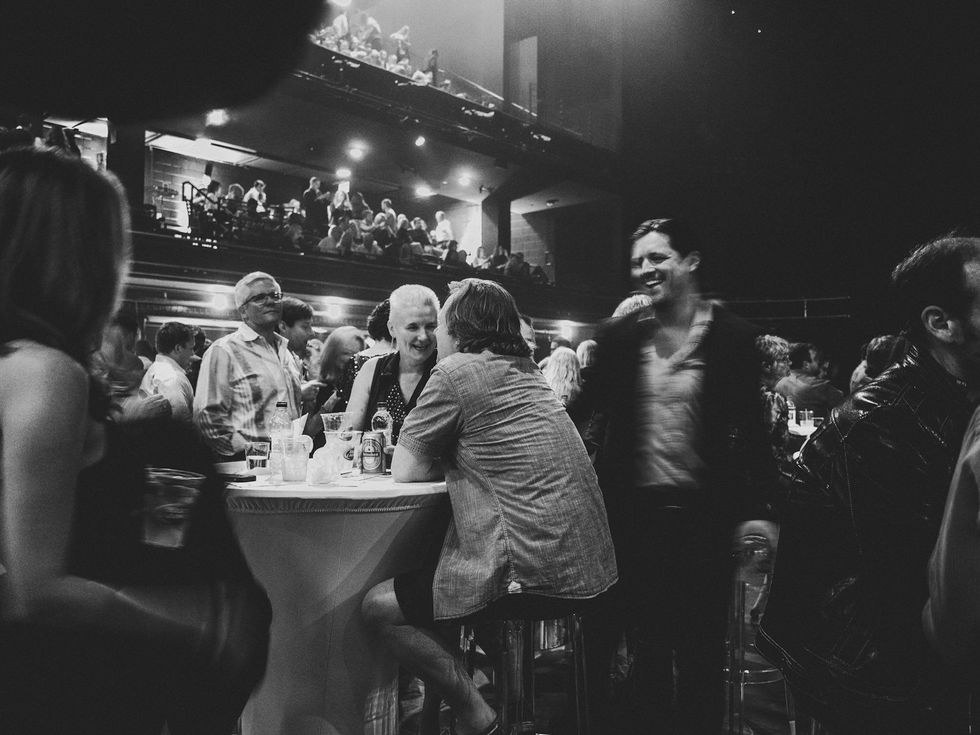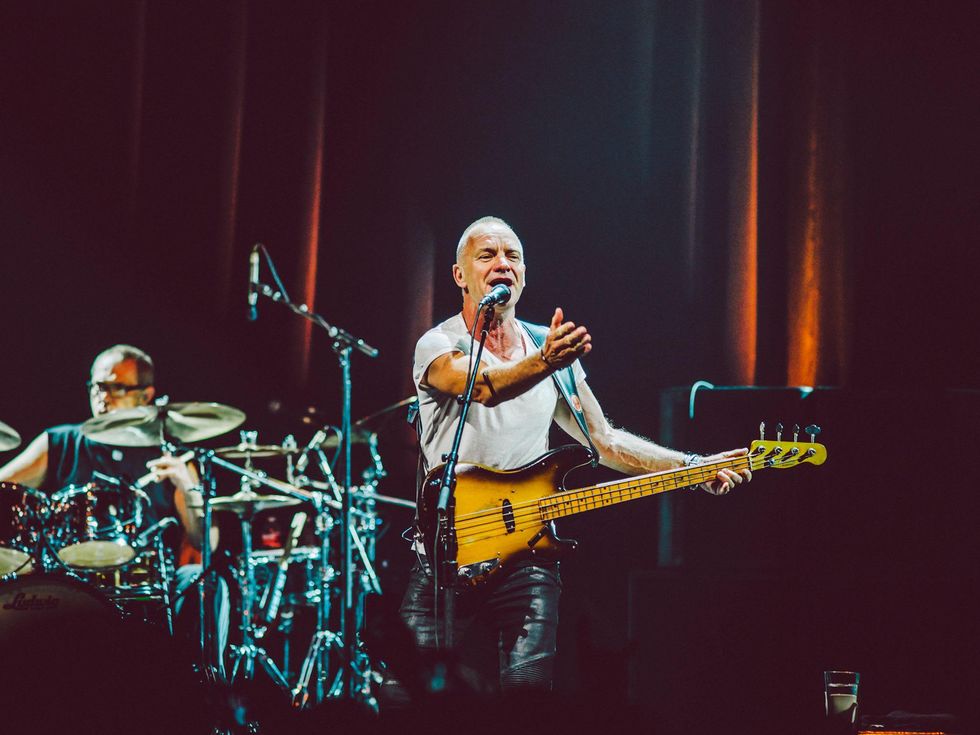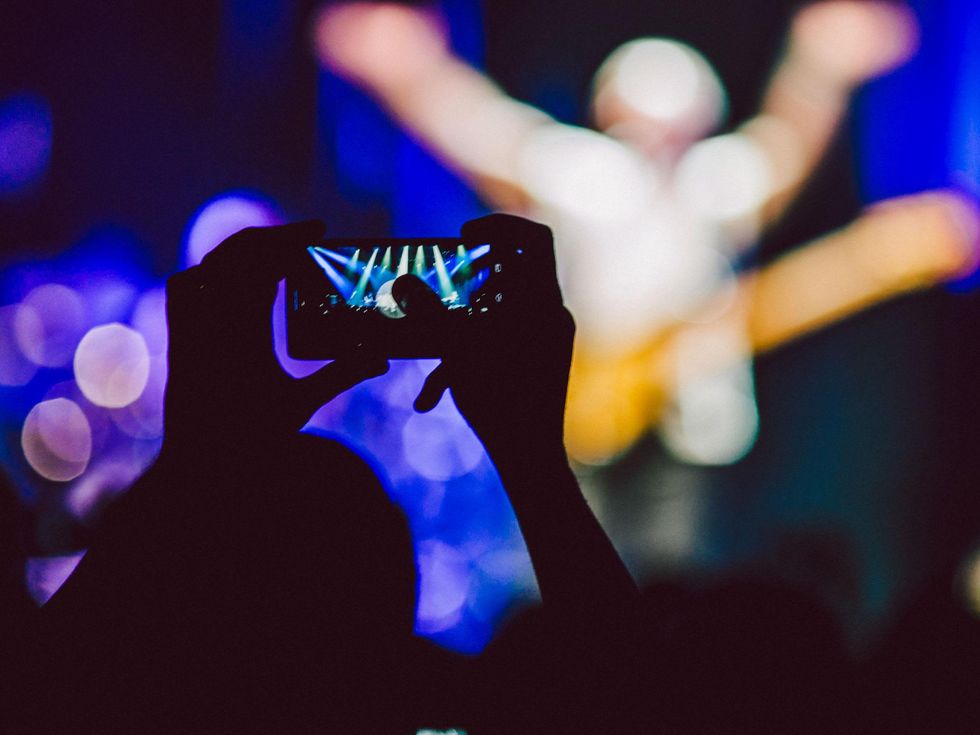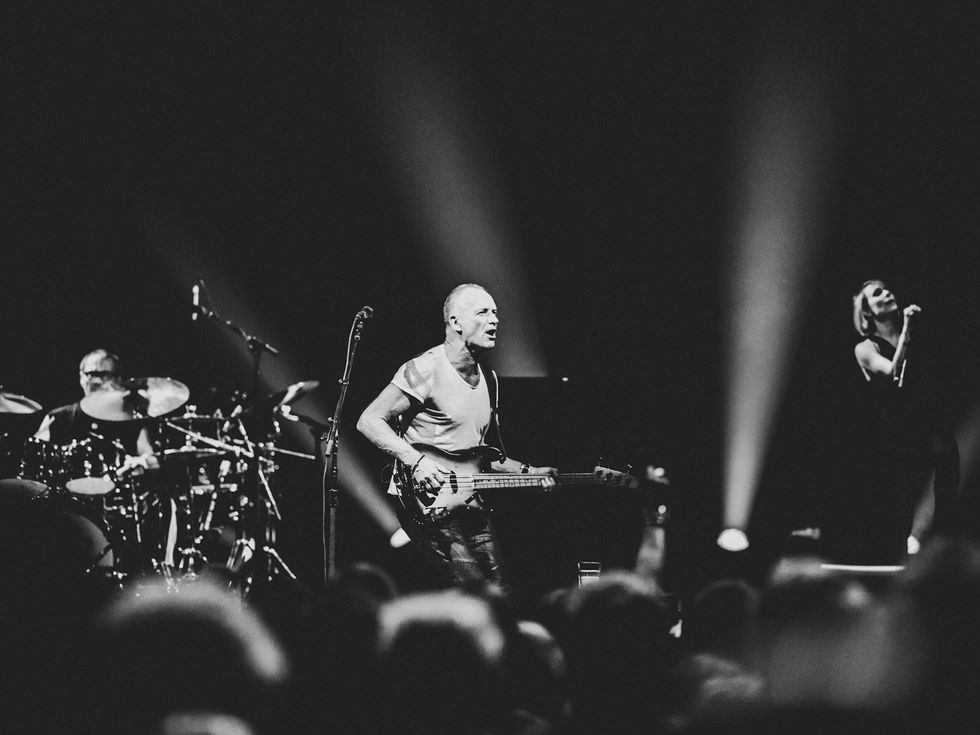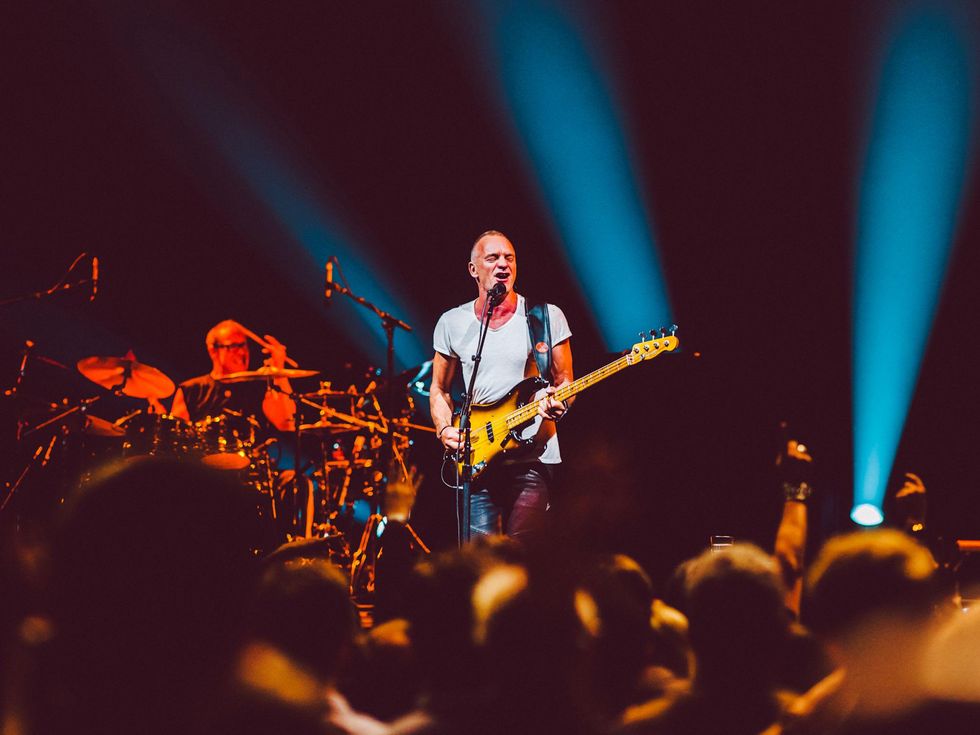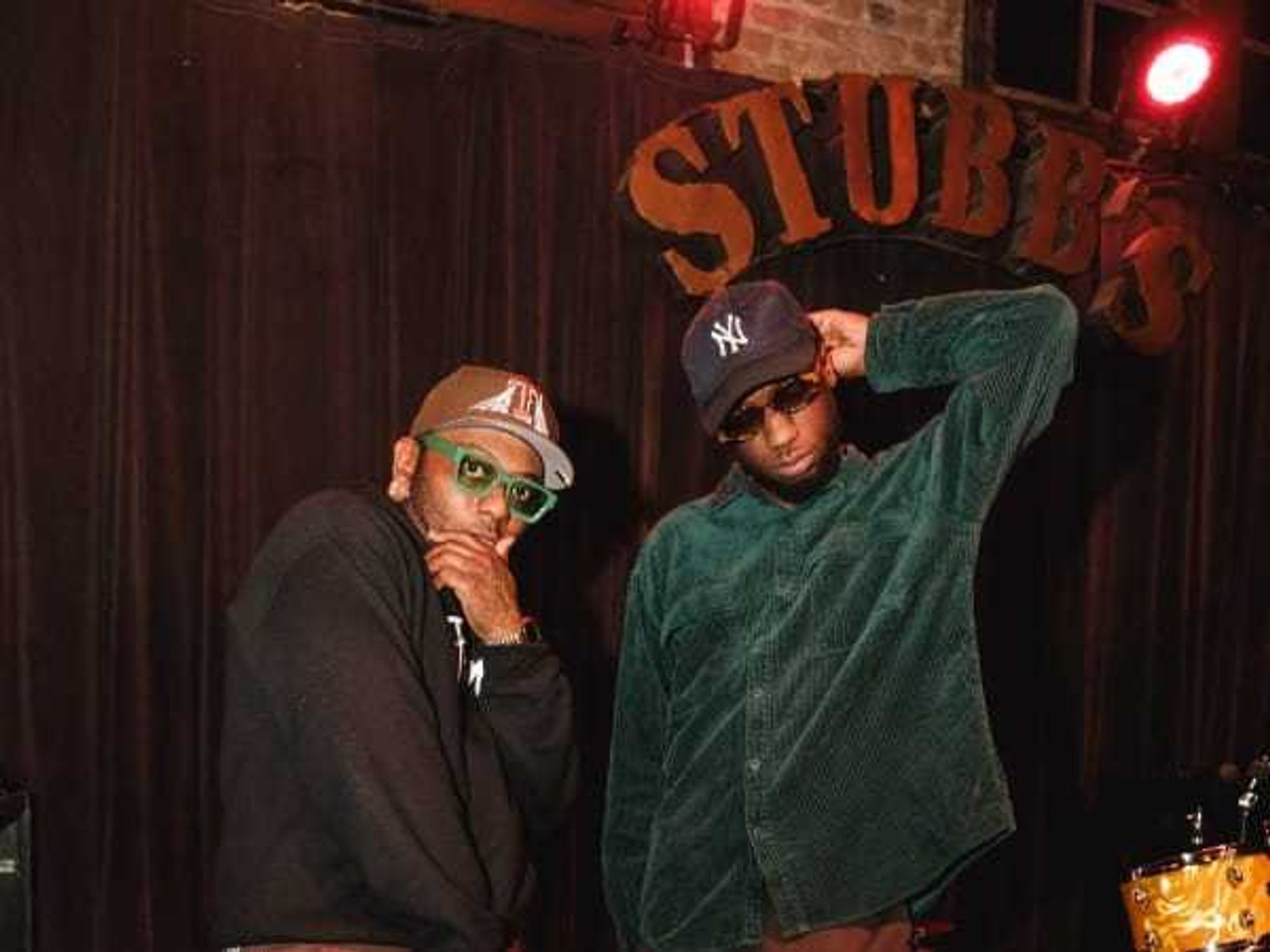As post-New Year's Eve gigs start dry up, the Red River Cultural District (RRCD) will step in with Free Week. The donation-based, decentralized festival will feature more than 80 local artists in shows up and down the street January 9-10, 2026, and local bars and restaurants are joining in with food and deals.
Besides being one of the best ways to catch up with Austin's small-but-mighty local bands, this festival serves to keep the music industry running during a slow time of year. Donations and a percentage of food and beverage sales will benefit the cultural district, which will doll out payments to artists who play, grants to the venues, and other assistance and preservation projects throughout the year.
Food and beverage partners during Free Week 2026 include:
- Hoboken Pie: $3 cheese slices
- Pelons Tex Mex: $4 pre-rolled tacos at the gate, $15 combo platter and small house margarita, $7 chips and queso with small marg, $6 two-taco and domestic beer combo, and more
- Marinara Miracles: $10 Chicken Parmesan Hero
- Golden Tiger: 15 percent off all menu items when guests mention "Free Week"
- Marlow: 15 percent off any drink when guests mention "Free Week"
- Stubb’s BBQ: 10 percent off all food purchases
One business is joining in from afar. The Amy's Ice Creams at 2002 Manor Rd., Ste. A, is hosting a profit-share donation program that will ask customers if they'd like to roundup their purchase amount for RRCD. This is the first time Amy's and RRCD have formally partnered up.
“Free Week is one of those uniquely Austin traditions that brings people together through music and culture,” said Amy's Marketing Director Caitlin Cano. “We’re excited to team up with the Red River Cultural District and invite our community to help support the local artists and venues that make Austin such a special place to call home.”
“Free Week has always been about more than music - it’s about showing up for the people and places that make this district and our community special,” said Nicole Klepaldo, Executive Director of the Red River Cultural District. “From late-night slices to margaritas and ice cream with a purpose, these partnerships help ensure Free Week remains welcoming, affordable, and rooted in community for years to come.”
